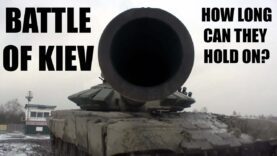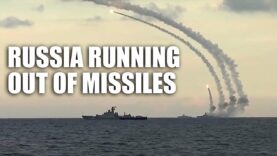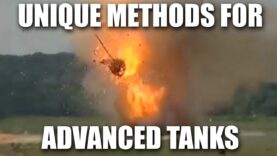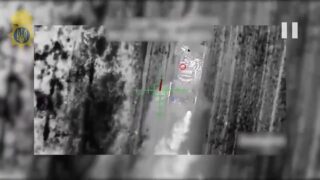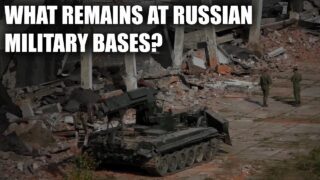How Russian Tanks Are Being Destroyed
How Russian Tanks Are Being Destroyed
Video Summary
However, surprisingly, many of these modern tanks are being lost not by advanced anti-tank guided missiles, but by less capable weapons and ineffective tactics. One of the most effective ways to destroy tanks, for instance, is by using anti-tank mines and improvised explosive devices (IEDs). These can be planted in advance and detonated remotely, allowing operators to stay at a safe distance. The underside of tanks, which is often lightly armored, is also a vulnerable spot.
Artillery is another surprising method Ukraine is using to destroy Russian tanks. While not a precision weapon, artillery’s psychological effects can be significant. The constant barrage of shells can quickly wear down crews, causing them to flee. Additionally, the explosive fragments from high-velocity shells can penetrate the thinner armor on the top of tanks.
Another game-changer is the use of drones for forward observation. These can quickly relay targeting information, reducing the need for trained spotters and minimizing the risk of detection. This allows for faster and more accurate artillery fire adjustments, as well as a reduced need for repositioning, making it harder for the enemy to counter-attack.
Russia’s struggles are also due, in part, to poor leadership, low morale, and a lack of air cover. Their tanks have been captured in working order, abandoned, or run out of fuel, and bridges, suggesting a breakdown in overall strategy and coordination.
As the war continues, Russia’s tank losses may begin to decrease as they shift to fighting in the east, reducing the strain on their logistics and allowing them to advance more cautiously. However, as we’ve seen throughout this war, we should always be prepared for the unexpected.

